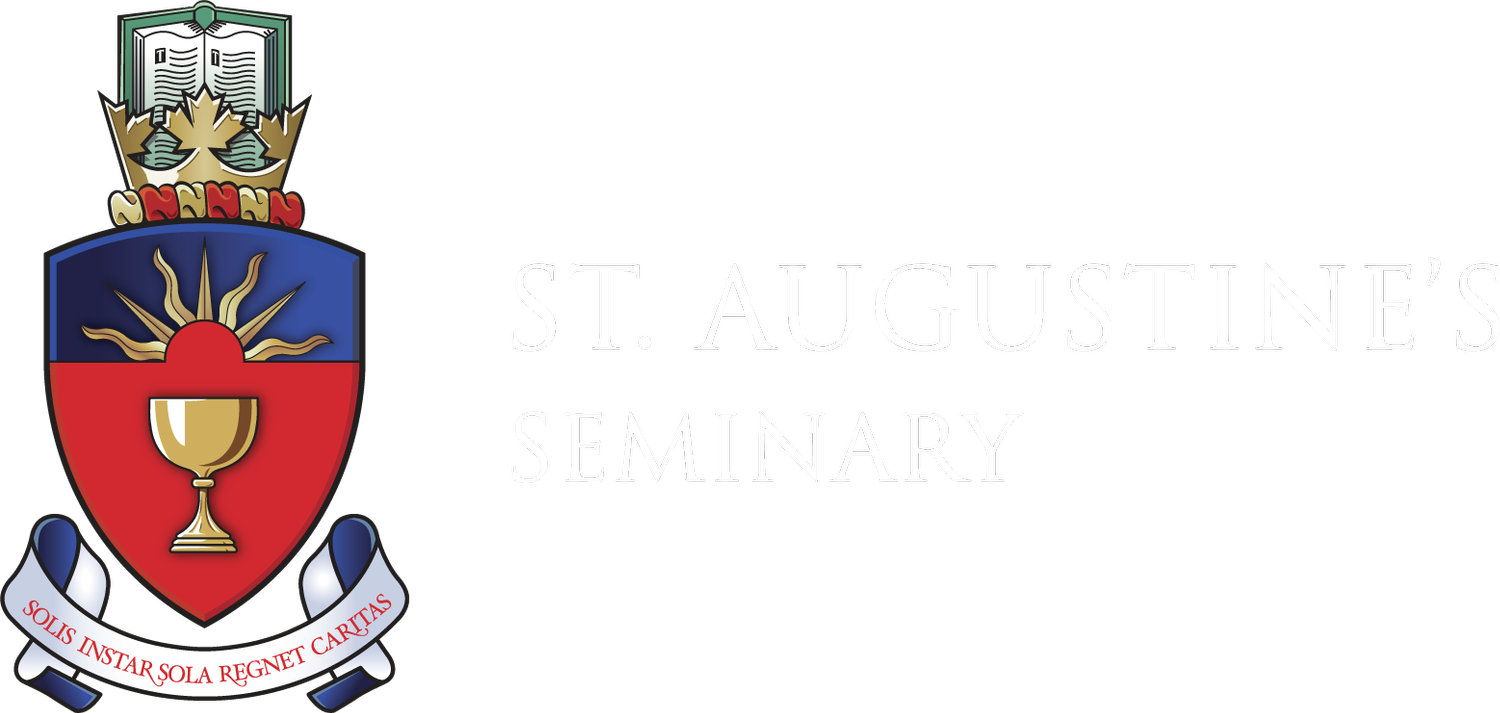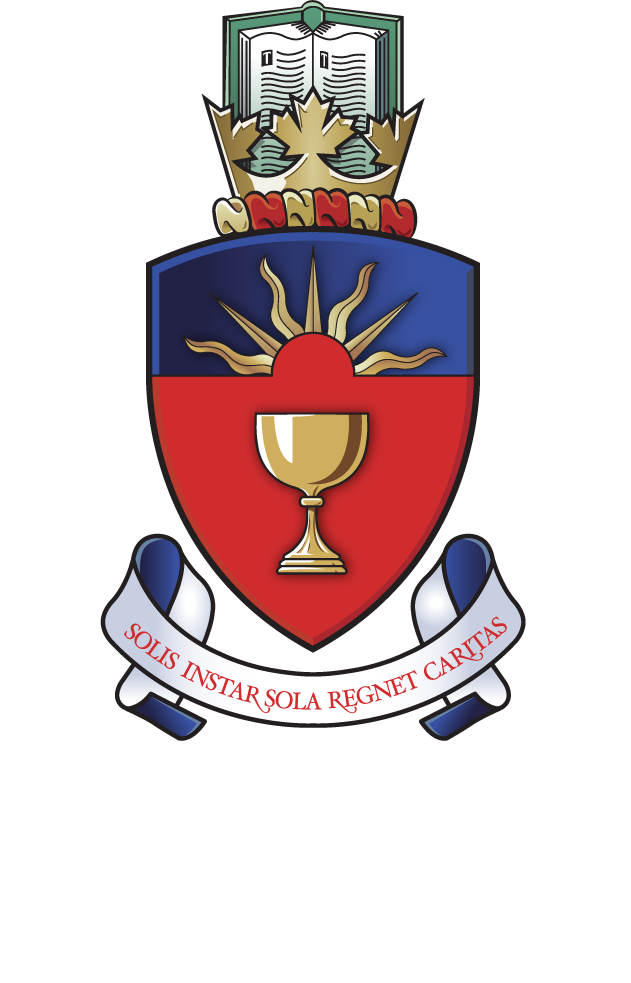Master of Theological Studies (M.T.S.)
The Master of Theological Studies [M.T.S.] degree provides a basic understanding of theological disciplines for general educational purposes. The M.T.S. offers a survey knowledge of the various theological disciplines, while requiring focus and depth in one specific area.
Overall Goal: The purpose of the M.T.S. is to provide a basic understanding of theological disciplines for general educational purposes or for future graduate study. Students of the M.T.S. degree should be introduced to the Church’s rich intellectual tradition.
Program Outcomes
By completing a broad range of academic theology courses which provide both foundational and advanced theological knowledge, students of the M.T.S. degree prepare themselves to serve the Church’s scholarly and educational mission. They should be enabled to analyze more surely and discern more confidently between current intellectual fashions or party identities in the contemporary life of the Church and the deeper shape and substance of Catholic faith and tradition.
Through consultation with the Academic Advisor, students select a particular area of theological focus within which to conduct in-depth research through course work, the writing of a thesis or the completion of a summative exercise, depending on the year of matriculation. This experience should help students develop the academic skills necessary to present original scholarly research in their chosen area of concentration.
Religious Heritage: Demonstrate foundational knowledge of the biblical, systematic, moral, pastoral, and historical dimensions of the Catholic theological tradition, especially in its official teaching.
Cultural Context - Religious and Public Leadership: Demonstrate, in the spirit of the new evangelization, an ability to draw on and communicate the Catholic theological tradition to engage critically and charitably with contemporary theological trends, technological developments, and diverse global and cultural contexts.
Theological Research and Writing: Demonstrate capacity for methodologically sound theological research and writing.
Personal and Spiritual Formation: Demonstrate integration of human, spiritual, and vocational growth with knowledge of the Catholic theological tradition, as evidence of an integrated and personal response of love of and witness to Jesus Christ.
Admission Requirements
A university undergraduate degree or its equivalent from an accredited institution, with adequate standing (normally at least B- standing in their final year).
Complete academic application and official transcripts from all post- secondary education [as noted in the Academic Admissions section].
Thesis and Summative Project
The Master of Theological Studies degree program requires all students to complete either a two-credit thesis or a one-credit summative project in consultation with the Academic Dean. Please refer to the M.T.S. Thesis and Summative Project Guidelines on our website M.T.S. Thesis and Summative Guidelines.
The Master of Theological Studies degree is a 20 course program including either a Thesis or a Summative Project.
Core Theology Courses (11)
1. Fundamental Theology
2. Theological Anthropology
3. Trinity
4. Sacraments
5. Ecclesiology
6. Christology
7. Moral Theology
8. Human Sexuality and Marriage
9. Old Testament
10. New Testament
11. Church History
12-14. Core Theology Electives (Choose 3)
• Introduction to Thomas Aquinas
• Introduction to Patristics
• Catholic Social Teaching
• Ecumenism and Interreligious Dialogue
15-17. MTS Thesis or Summative Project (3)
• Thesis + 1 Course; or
• Summative + 2 Courses
18-20. Remaining Core or Free Electives (Choose 3)
• The Catholic Vision of Education
• Lay Ministry and Leadership
• Patristic Thought on Education and Pedagogy
• Catechesis in the Catholic Church
• Issues in Catholic Education
• Pastoral Counselling
• Pastoral Psychology & Spirituality
• Families of the World
• Psychology of Faith Development
Please see the St. Augustine's Policies & Procedures Page and Student Handbook.

